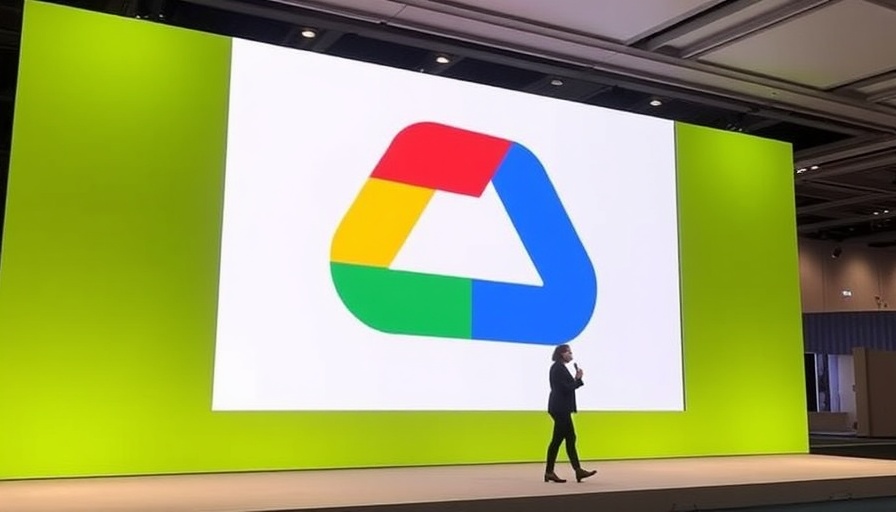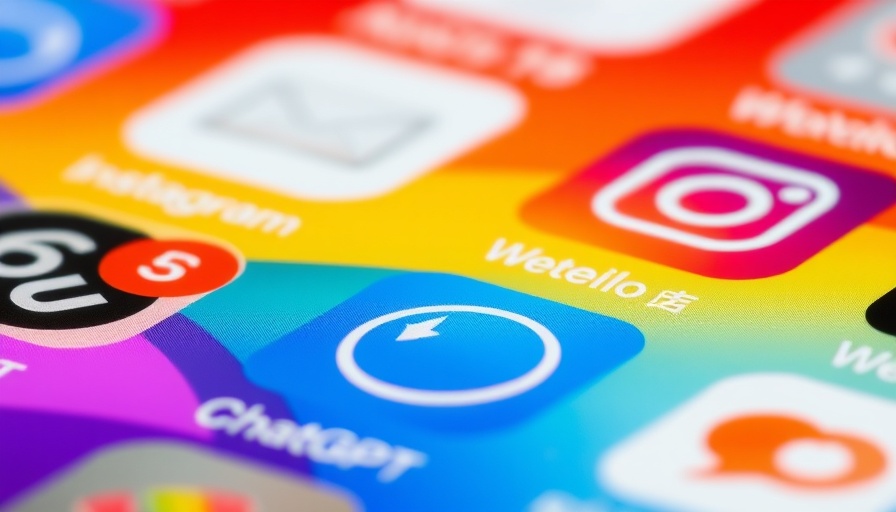
Revolutionizing Healthcare Through Generative AI
At the HIMSS25 conference, Google Cloud introduced cutting-edge generative AI capabilities aimed at transforming how healthcare providers access, view, and utilize patient information. Featuring tools such as Visual Q&A and the powerful Gemini 2.0 model, these advancements mark significant progress in medical search technology.
The Power of Visual Q&A and Gemini 2.0
Visual Q&A allows healthcare professionals to incorporate images such as charts, diagrams, and tables directly into their searches. This capability is crucial as nearly 90% of healthcare data is presented in image form, like X-rays or CT scans. It eliminates the need for converting images into text, helping to maintain the context and accuracy of the information. Gemini 2.0 enhances this by swiftly analyzing visual input alongside audio and detailed datasets, providing deeper insights into patient health.
Benefits for Healthcare Providers
The introduction of these multimodal tools enables hospitals and healthcare organizations to present a clearer picture of a patient's health. Doctors can now integrate variable data sources like medical imagery and historical records, leading to informed decisions that could enhance patient outcomes. For instance, with the input of a patient's imaging alongside lab results, clinicians can gain comprehensive insights that previously would take significantly longer to compile.
Illustration of Use Cases
Imagine a physician treating a patient with a complex medical history. By asking, "Show me the trend of the patient's glucose levels over the last six months," along with highlighting concerns in a recent abdominal CT scan, Gemini 2.0 would analyze both the patient’s lab data and imaging in real-time. The technology could display a graph of glucose levels with annotations of problem areas shown in the CT scan, thereby saving time and streamlining the treatment process.
Future Trends: AI's Impact in Healthcare
As generative AI continues to mature, healthcare organizations will increasingly rely on these technologies to alleviate administrative burdens. By automating tasks such as searching medical records or drafting paperwork, healthcare workers can dedicate more time to patient care. Moreover, tools like epidemiological agents will enhance predictive capabilities, assisting providers in identifying patients at risk for conditions based on patterns in their health data.
The Trust Factor: Reliability and Ethics in AI
Understanding the risks associated with AI use in healthcare is crucial. Google Cloud emphasizes accuracy through rigorous testing of its AI models. By maintaining transparency regarding their algorithms, they assure providers that their AI tools deliver trustworthy insights while adhering to ethical standards. Continuous monitoring and feedback loops from users further ensure that the technology remains beneficial and conforms to high standards of performance.
Conclusion: Preparing for Tomorrow’s Healthcare
The advancements at HIMSS25 set a precedent for how AI is integrated into healthcare. As these technologies develop, they promise to redefine patient care fundamentally. Integrating AI-powered solutions not only simplifies data management but significantly improves clinical decision-making. As we move toward the future, staying informed on AI developments like these is vital for any healthcare professional looking to enhance their practice.
For those keen to explore the latest innovations, watch for updates on AI trends in healthcare and the role they play in future treatment protocols. Your engagement could be vital in shaping tomorrow's healthcare landscape.
 Add Row
Add Row  Add
Add 




 Add Row
Add Row  Add
Add 

Write A Comment